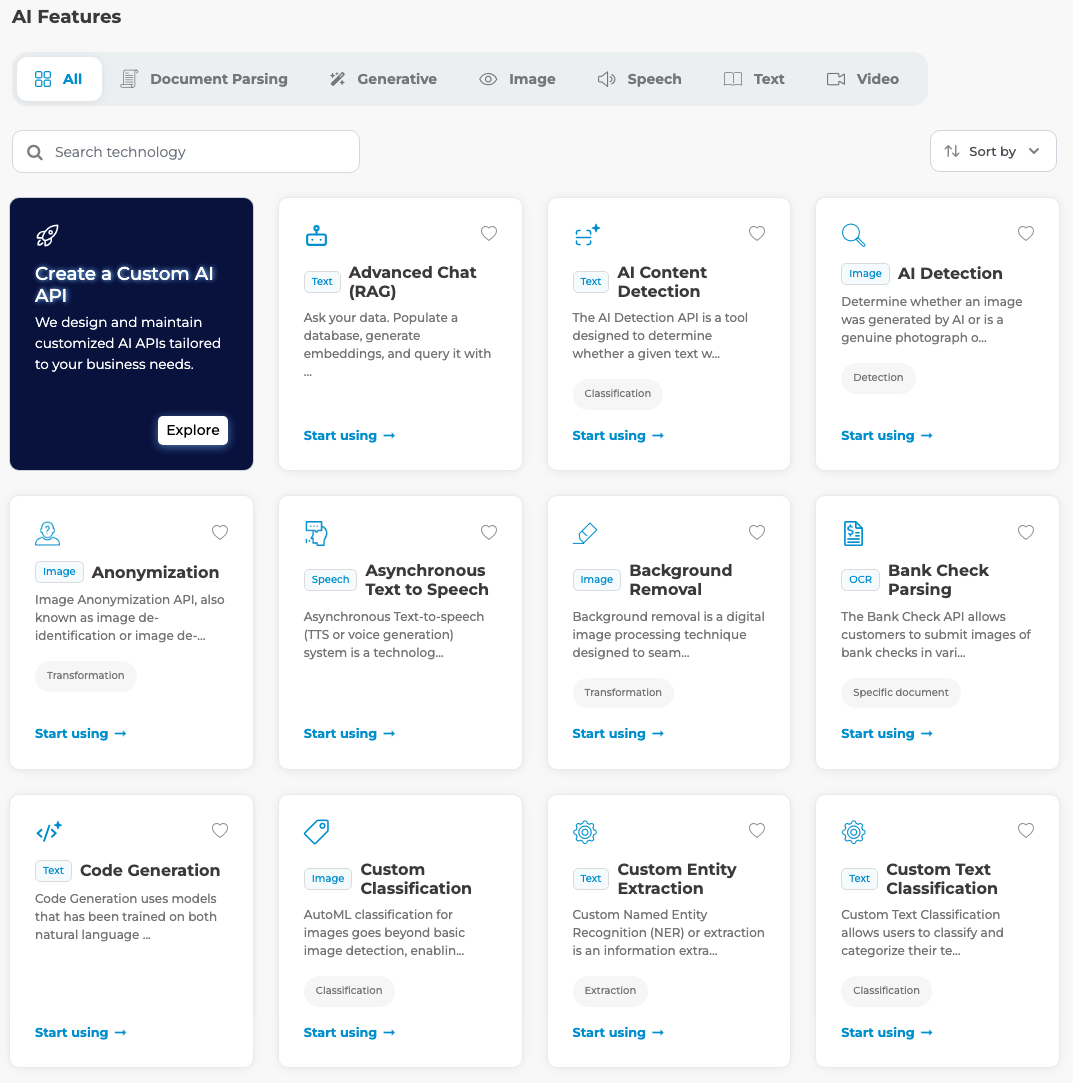If you're juggling multiple AI providers, you've hit the API fatigue wall—another SDK, another billing dashboard, another auth flow. I recently spoke with Taha Zemmouri, CEO and Co-Founder of EdenAI, and he clarified a critical point: not all AI aggregators solve the same problem. Here's what you need to know.
EdenAI vs OpenRouter
EdenAI is a multi-modal AI marketplace that covers text, vision, speech, OCR, and translation, with built-in benchmarking, cost monitoring, and no-code workflow orchestration.
OpenRouter is a focused LLM router with transparent per-model pricing, smart routing (
:floorfor cheapest,:nitrofor fastest), and 0% markup if you bring your own keys.

EdenAI
3 Takeaways
Pick EdenAI if you're orchestrating multi-step workflows—OCR invoice parsing → sentiment analysis on support tickets → translation for multilingual customers. Their Make.com and Zapier integrations let non-technical teams chain AI tasks without writing glue code.
Choose OpenRouter if your stack is LLM-heavy and you need granular cost tracking, A/B testing across models (GPT-4 Turbo vs Claude 3.5 Sonnet), or automatic fallback routing when a provider hits rate limits.
Both support BYOK (bring your own keys), but check the fine print. OpenRouter charges 5% on BYOK usage; EdenAI makes money from provider discounts and their premium "custom API offering" tier (starting at €1,000/month for orchestration, fallback strategies, and SLA guarantees).
Real Use Cases
In my conversation with Taha, he walked me through a Swiss construction company using EdenAI for tender analysis—processing massive documents with orchestrated models to balance cost and accuracy. That's exactly the use case where EdenAI shines: complex, multi-provider workflows where you don't have in-house AI expertise but need enterprise reliability.
Contrast that with a startup I advised on building content marketing at scale. They switched to OpenRouter because its LLM-routing logic (auto-fallback, per-model dashboards) allowed them to test five models by changing a single parameter—without re-architecting.
Limits & Fixes
EdenAI's 60+ provider catalog can overwhelm small teams. Fix: Start with their Model Comparison tool to benchmark 2-3 providers on your actual data before expanding.
OpenRouter's LLM-only scope won't cover OCR, speech-to-text, or image recognition. Fix: Pair it with a specialized API for non-text workloads, or choose EdenAI for unified billing across modalities.
What Can You Do
Audit your stack honestly. If 80% of your AI calls are text generation, OpenRouter's transparent pricing and routing save hours. If you're chaining OCR → summarization → translation → sentiment scoring, EdenAI's no-code workflow builder is your shortcut. As I've learned from my hands-on experiments and conversations like the one with Taha, the right aggregator isn't the one with the longest feature list—it's the one that disappears into your workflow. Test both with real traffic before locking in.
Looking for more great writing in your inbox? 👉 Discover the newsletters busy professionals love to read.
My Open Tabs
For services or sponsorships, email me at info at firstaimovers dot com; or message me on LinkedIn.
